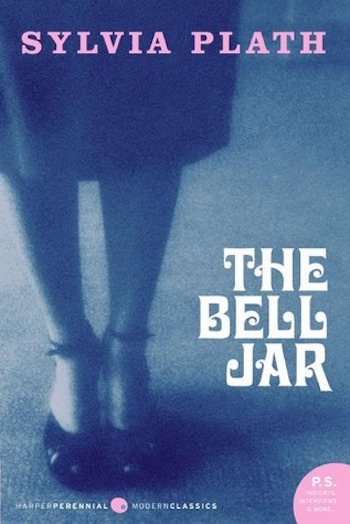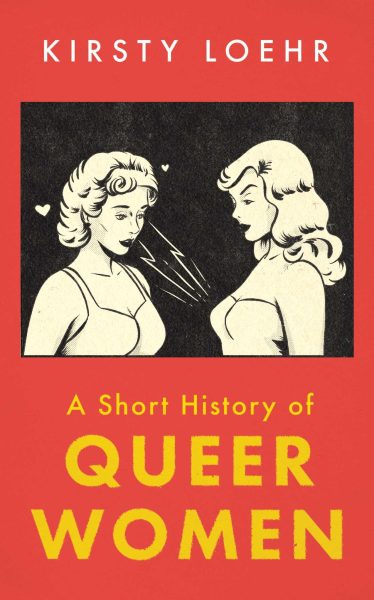A Harriet Review
Harriet is a dramatic rendition of the life story of escaped slave, abolitionist, and civil war hero Harriet Tubman, or “Moses.”
The leading role is played by Cynthia Erivo, an up and coming British actress. Before the movie’s release, there were rumors of a Hollywood executive suggesting Julia Roberts for the role of Harriet Tubman. This executive allegedly claimed these events occurred so long ago “no one will remember.” Aside from what is so clearly wrong about Julia Roberts playing an ex- slave, it indeed would be remembered that Harriet Tubman was not white, resulting in a catastrophic amount of backlash, which the mere suggestion of this idea was certainly met with. Erivo did quite well with the role, and displayed fantastic acting as well as beautiful singing.
The directors of this movie did take some creative license with the story. Harriet was given ‘visions,’ and would sometimes fall into what her friends and family called spells, where she would see glimpses into the future, sometimes warning her of danger. The real Harriet Tubman did indeed have a traumatic head injury, but whether it genuinely gave her visions is questionable. Another liberty they took was the insinuated romantic relationship between her and her owner Master Brodess’s son Gideon. The final scene is a face down between the two after he has been chasing her for years, as he and a slave catcher follow her as she leads her remaining family to Canada. Gideon insists Harriet is not to be killed, and when the slave catcher attempts to shoot her, Gideon rushes to her defense, shooting him first. Harriet then turns on Gideon, forcing him down with a gun and delivers a passionate monologue about her time as his slave, beginning when they were both children. He insists she had feelings towards him in an odd sort of Stockholm syndrome-esque way. Harriet ulimatley decides not to shoot him, but leaves him alive to see the end of slavery that she is certain will come. This relationship never occurred, and in real events there was no Gideon Brodess. Obviously, this is a dramatic rendition of a true story, but the romance element seems unnecessary, especially since the only feeling Harriet really seemed to experience towards her ex-master is a passionate loathing. Other critics have seen this as a way of implementing the common slave/owner relationship for this time era.
Another role created by the producers of Harriet is Marie Buchanon. Marie is the young owner of a bed and breakfast in free state Pennsylvania. While she is African American, Marie was born into freedom unlike the escaped slaves she employs and houses. Never having known the tribulations of being a slave, she is changed when she meets Harriet. The character of Marie Buchanon is crucial in showing the difference between the life of someone born free and someone born a slave. Near the end of the movie the Fugitive Slave Act was passed, and when Gideon Brodess comes searching for Harriet, Marie refuses to reveal her location, resulting in her murder. This scene gets the point across that the battle for freedom was not a cause just advocated for by slaves, but a movement fought for and supported by African Americans all across the country.
Overall, Harriet was a well done movie with many talented actors, and seeing it would be not only an entertaining way to learn about history, but a factual insight on the journey and life of Harriet Tubman.
My name is Sophia, I’m a Junior, and this is my first year on the Lance. I play tennis, and I’m in Badminton and Key Club. I like photography and...








